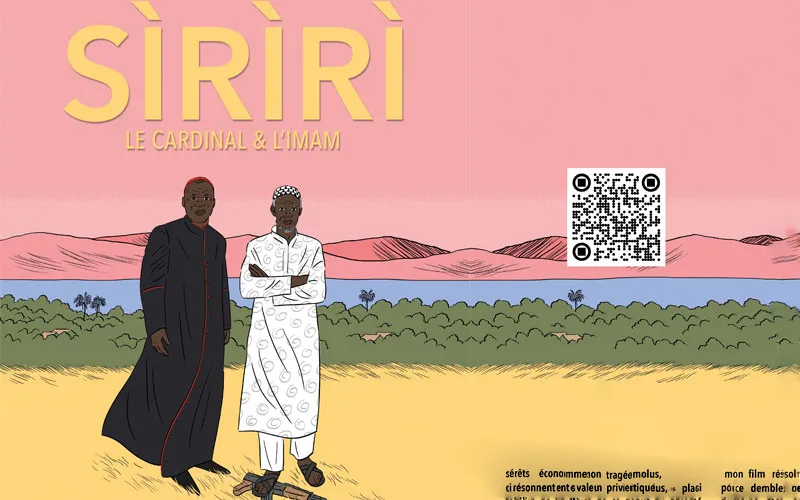“Christians and Muslims who are sons and daughters of the same God and created in his image can journey together to bring back the much-needed peace,” Cardinal Nzapalainga told ACI Africa, and added, “It is possible for us to build bridges of unity, love and reconciliation.”
In May, the Cardinal continued to advocate for peace in the African nation in a new book.
Published under the title, “Je suis venu vous apporter la Paix” (I come to bring you peace), the Cardinal reflects on his life as a Spiritan, as the Local Ordinary of Bangui, as a Cardinal, and as a peacemaker.
In the book that also recounts Pope Francis’ visit to CAR in 2015, the Cardinal who hosted the Holy Father reflects on the challenges and opportunities in CAR.
In the September 9 interview with ACI Africa, Cardinal Nzapalainga cautions young people in CAR against losing hope amid numerous challenges in their country.
(Story continues below)
“Let nobody manipulate you; let no one steal your future. Affirm your commitment in working to consolidate peace in our country. Dream of a future of Central Africans living together in unity and love,” the Cardinal said, addressing himself to the youth in CAR.
He added, “Our role is to stand by everyone: armed groups, militias, government, civil society. As a 'father', I can have several children, some of whom may go astray.”
“Among them, there is that lost child and the father who welcomes him, with a heart of mercy, the son who has taken up arms, who is called a killer, a jihadist,” Cardinal Nzapalainga said.
Whatever the situation might be, the Archbishop of Bangui reiterated, hope must be sustained.
"I must continue to be a watchdog; something may change, there may be radical transformations, real conversions,” he said, underscoring the need to sustain hope amid challenges.
Also speaking to ACI Africa, the Deputy Secretary General of the Higher Islamic Council of the Central African Republic, Imam Abdoulaye Ouasselegue, said the new documentary film is an advocacy tool for peace and reconciliation in CAR.
“This film shows to the whole world the sufferings of the people of CAR. It should touch those who watch to take measures to help our people,” Imam Ouasselegue told ACI Africa September 9.
The Muslim leader acknowledged with appreciation the efforts of the film producer and invited the people of God in CAR to make an examination of conscience to see the role each one can play to end suffering in the African nation.
Jude Atemanke is a Cameroonian journalist with a passion for Catholic Church communication. He holds a Bachelor’s Degree in Journalism and Mass Communication from the University of Buea in Cameroon. Currently, Jude serves as a journalist for ACI Africa.








